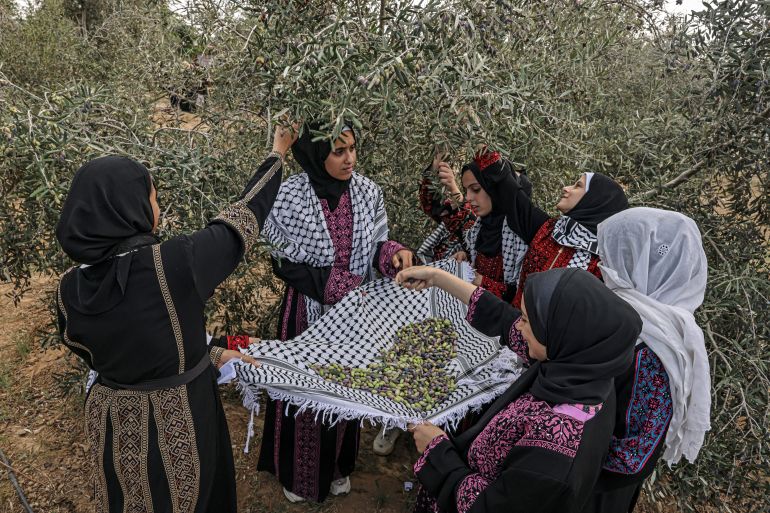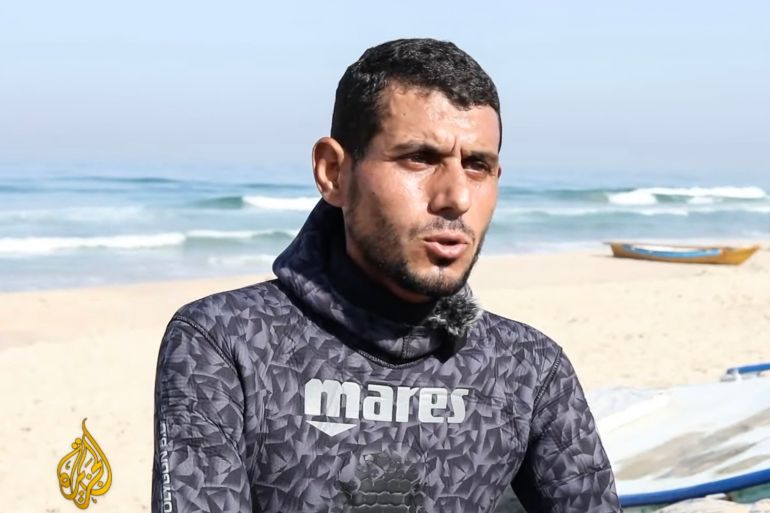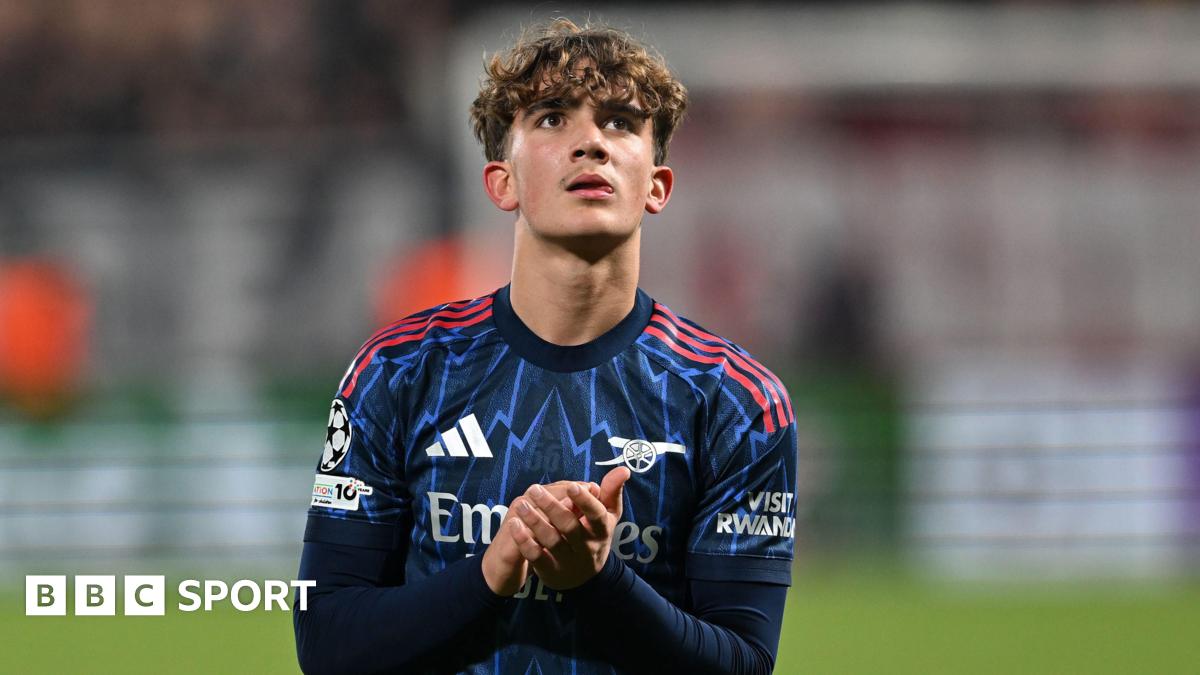Nicole Kidman has not been seen in public much since her divorce was announced, but while making a rare appearance at a Sabrina Carpenter concert, the actress found herself in trouble
Nicole Kidman’s latest rare public appearance saw her land herself in trouble, as she was ‘arrested’.
Nicole attended a Sabrina Carpenter concert in Nashville and was in for a surprise. Her divorce from Keith Urban was announced a few weeks ago, and Nicole hasn’t been seen much in public since. However, she and her daughter, Sunday Rose, were spotted at Sabrina’s gig on Wednesday (5 November).
The Espresso singer noticed Nicole in the crowd and decided to single her out for a fun moment, where she would ‘arrest’ the actress for “being too hot”.
READ MORE: ‘Luxury’ advent calendar worth over £400 shoppers are bagging for under £90 with codeREAD MORE: How Nicole Kidman, Princess Diana and Lady Gaga got their own back after painful splits
“We come to this Nashville arena for magic. And speaking of magic…” Sabrina said, as a police siren blared out and Practical Magic star Nicole appeared on the screens around the stadium.
Nicole could be seen in the front row of the crowd, wearing a red T-shirt and blowing a kiss to the singer. Underneath the live feed, the screen read: “Arrested for being too hot”.
Sabrina then asked the actress where she was from and she said, “Nashville”, but added that she is originally from Australia. Sabrina joked she would move to Nashville for Nicole and dedicated her song Juno to her.
Later, Nicole shared the footage of her ‘arrest’ to social media and thanked Sabrina for the stunt. “Thank you Sabrina Carpenter for arresting me,” she said. “Call me when you move to Nashville.”
The moment was also recorded by Sunday Rose, who shared a video of her mother being ‘arrested’ with pink fluffy handcuffs to Instagram, with the captions: “Someone’s in trouble”. She also shared a message Nicole was able to send her, warning her daughter of the imminent ‘arrest’. It read: “Hi Baby, I’m heading down to be arrested.x”
This is part of a regular skit that Sabrina does at her concerts. She has previously ‘arrested’ Anne Hathaway, Gigi Hadid and Margaret Qualley, as well as a variety of fans.
Nicole’s appearance with Sunday Rose was a rare outing for the star, as she has not been seen much since her divorce was announced. It was revealed earlier this year that Nicole and Keith filed for divorce on 30 September, citing “irreconcilable differences”. The two had been married for close to 20 years and shared two daughters together – Sunday Rose and Faith Margaret.
During the divorce, Nicole has been said to be focusing on “creating new traditions with her daughters and keeping their home life as steady and loving as possible”.
A source told Us Weekly that “the hardest part is navigating the dynamic with their daughters”. They added: “The last thing Nicole wanted was a broken family.”
In their custody arrangement, Nicole will be the primary parent and look after their teenage daughters for 306 days of the year, while Keith will have them for 59.









![Gaza's local fishermen preparing their boats before going out at sea [Al Jazeera]](https://i0.wp.com/www.aljazeera.com/wp-content/uploads/2025/11/dwed-1762413262.jpg?w=696&ssl=1)

